17th International Conference on Knowledge Management 2022 “Knowledge, Uncertainty and Risks: From individual to global scale”
23-24 June 2022
About the conference
The International Conference on Knowledge Management (ICKM) provides researchers and practitioners from all over the world a forum for discussion and exchange of ideas concerning theoretical and practical aspects of Knowledge Management.
ICKM 2022 took place from June 23-24 at the University of Applied Sciences Potsdam, Germany organized by the International Council on Knowledge Management (ICKM) and hosted by the Department of Information Sciences at the University of Applied Sciences Potsdam.

A big thank you to everyone who helped make this event a success!
Proceedings
Conference Proceedings
Journal of Information and Knowledge Management
A selection of the best papers of the conference will be eligible for a Special Issue for the Journal of Information and Knowledge Management after the conference.
Conference Program
The conference program can be downloaded via this link or by clicking on the preview image below:
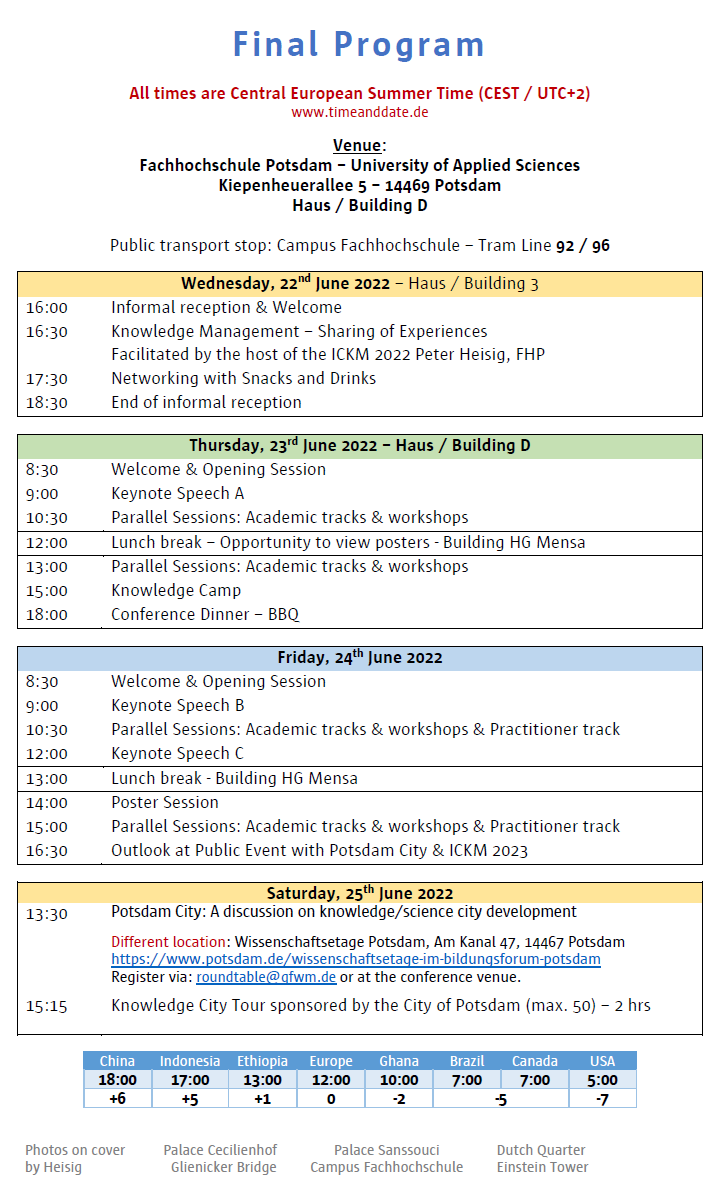
Keynote Speakers
Thursday, 23rd June 2022, 9am – 10am
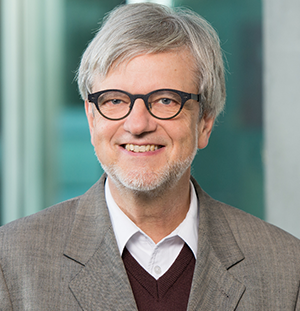
Prof. Dr. Dr. Ortwin Renn
Scientific Director at the Institute for Advanced SustainabilityStudies (IASS) in Potsdam (Germany)
Conventional and systemic Risks: Implications for individual and societal governance
Ortwin Renn is scientific director at the International Institute for Advanced Sustainability Studies (IASS) in Potsdam (Germany) and professor for environmental sociology and technology assessment at the University of Stuttgart. He also directs the non-profit company DIALOGIK, a research institute for the investigation of communication and participation processes. Renn is Adjunct Professor for “Integrated Risk Analysis” at Stavanger University (Norway), Honorary Professor at the Technical University Munich and Affiliate Professor for “Risk Governance” at Beijing Normal University. His research interests include risk governance (analysis perception, communication), stakeholder and public involvement in environmental decision making, transformation processes in economics, politics and society.
Ortwin Renn has a doctoral degree in social psychology from the University of Cologne. Renn is a member of the German National Academy of Sciences “Leopoldina”, the Berlin-Brandenburg Academy of Sciences (Berlin), and of the Board of Directors of the German National Academy of Technology and Engineering (Acatech). His most prominent English publication is the book “Risk Governance. Coping with Uncertainty in a Complex World (London: Earthscan 2008).
Friday, 24th June 2022, 9am – 10am
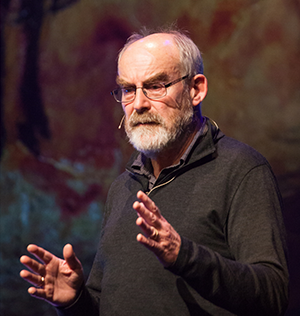
Dave Snowden
Director & Founder - The Cynefin CentreCSO - The Cynefin Company
Understanding risk under conditions of inherent uncertainty
In this presentation he will draw on the EU field guide to example questions how we measure and manage risk under conditions of inherent uncertainty where our predictive capacity is limited. He will explore key ideas from the field guide, including the use of human sensor networks for weak signal detection and the generation of anticipatory triggers to draw human attention to outliers that they would normally ignore.
Snowden is the founder of one of the five schools of sense-making, and takes an approach which draws heavily on natural science, in particular complex adaptive systems theory, cognitive neuroscience and the biological end of anthropology. He is the creator of the Cynefin framework and lead author of the recently published EU Field Guide to managing complexity (and chaos). He is the author of Complex Acts of Knowing which is in the top ten of cited papers in knowledge management and is a visiting Chair at the Centre of Systems Studies at the University of Hull.
Friday, 24th June 2022, 11:30am – 12:30am
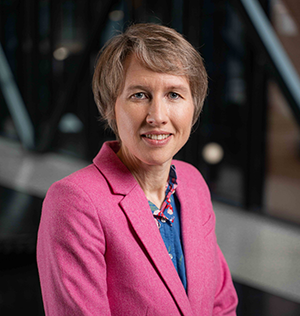
Prof. Dr. Susanne Durst
Professor of Management, Department of BusinessAdministration, Tallinn University of Technology (Estonia)
Don't forget the knowledge risks in conjunction with the green transformation
Research on knowledge risks, their consequences and potential ways of handling them is underdeveloped in general. Consequently, an understanding of its link with green transformation is missing too. Taking into account the emerging need for a green transformation, the keynote introduces knowledge risks from the perspective of green transformation and provides some possible solutions of handling those risks in organizations.
Susanne Durst is a Full Professor of Entrepreneurship at Tallinn University of Technology, Estonia, and Full Professor of Business Administration at the University of Skovde, Sweden. She holds a doctorate in Economics from Paris-Sud University, France. Her research interests include small business management, knowledge (risk) management, responsible digitalization and sustainable business development. She has been conducting several national and international research projects on knowledge (risk) management, SME business transfers, innovation management and learning. Her work has been recognised through different awards, including an Emerald Literati Award in 2020, and has been published in international peer-reviewed journals. Before joining academia, she worked with private organizations of different sizes and industries.
Conference Organizing Committee
General Chair
Dr. Suliman Hawamdeh✉ suliman.hawamdeh(at)unt.edu
Conference Chair
Dr. Peter Heisig✉ peter.heisig(at)fh-potsdam.de
Co-Chairs
Dr. Daniel Alemneh✉ daniel-alemneh(at)unt.edu
Dr. Jeff M. Allen
✉ jeff.allen(at)unt.edu
Andreas Matern
✉ andreas.matern(at)gfwm.de
Waltraut Ritter
✉ ritter(at)knowledgedialogues.com
Deborah Swain
✉ swainham(at)msn.com
Program Committee
Naresh Agarwal
Dr. Daniel Alemneh
Rose Baker
Franz Barachini
Dr. Andreas Brandner
Hsia-Ching Chang
Alton Chua
Kimiz Dalkir
Gertrudes Dandolini
Patricia de Sá Freire
Dursun Delen
Pranathy Enamela
Anwarul Islam
Yong Mi Kim
Jay Liebowitz
Joyline Makani
Tereza Merlo
Dr. Günther Neher
Dr. Angela Schreyer
Christian Stary
Dr. Julia Maria Struß
Oksana Zavalina
Vyacheslav Zavalin
Local Organising Committee
Juliane Höving
Tim Klages
Tim Krause
Leon Raasch
Felix Lohmann
Sascha Mähler
Santiago Pietrek
Robert Rother
Antonia Schubert
Bruno Seifert
Dmytro Shupliak
Elias Teut
Location
The conference will be held at
Fachhochschule Potsdam
University of Applied Sciences
Kiepenheuerallee 5
14469 Potsdam GERMANY
The 17th ICKM will be hosted in Potsdam, the capital city of the State of Brandenburg, next to Berlin. Potsdam is one of the largest UNESCO World Heritage site with several "Palaces and Parks" and Sanssouci Park as one most popular destinations - a must visit place.
Potsdam is also known as the German Dream Factory with the Studio Babelsberg dating back over 100 years shooting blockbusters like Grand Budapest Ho Inglorious Basterds and Bridge of Spies.
Finally, those interested in the history of the Cold War Cold War could explore Cecilienhof Country House, the venue of the Potsdam Conference in 1945, Glienicker Bridge, the real bridge of Spies as well as former prisons in the so called "forbidden city" run by the Soviet Military Counterintelligence Service or the Lindenstraße Memorial Site preserving the memory of victims of he Soviet occupation, the Nazi dictatorship and the Socialist Unity Party regime of former East Germany.
Public Transportation
Flughafen BER - Terminal 1-2 ![]() Postdam Hauptbahnhof
Postdam Hauptbahnhof
![]() RB22
RB22
Berlin Hauptbahnhof ![]() Postdam Hauptbahnhof
Postdam Hauptbahnhof
![]() S7
S7 ![]() RE1 / RB21
RE1 / RB21
Postdam Hauptbahnhof ![]() Fachhochschule Postdam
Fachhochschule Postdam
![]() 92 / 96
92 / 96
Further information about regional public transportation can be found on this website.
Please note that during the period from June to August 2022, there is a special ticket available throughout Germany that entitles holders to use all local and regional public transportation for EUR 9.00 per month. For more information, please refer to the official Deutsche Bahn page on this subject.
Call for Papers
At the time of writing this Call-for-Papers most of us are sitting at home in our home offices undertaking research projects and teaching our students with online tools. All stakeholders have had to adapt quickly and had to master changes which sometimes happened on a weekly basis. The global dimension of this pandemic and the fight undertaken by the different actors have evolved nearly in real-time given the global media coverage. While this pandemic came within days and weeks around the globe, another change is more subtle and even more hidden to direct human perception except those who are affected directly at the moment by the change of the climate in different regions.
From both developments we can see how the gathering of data, its transformation into information and the development of knowledge as well as the discussions about the 'right' actions are difficult processes with several iterations and setbacks on very different levels in society. From individual behavior towards organizational behavior national and international or global behaviors, all levels are interwoven and interdependent. Finally, this crisis shows us the uncertainties and risks we face as individuals, as organizations and as society if we don't have the right information and knowledge or we don't believe the information and knowledge provided by authorities and other stakeholders.
Therefore, the overall theme of the 17th edition of the ICKM conference will be on “Knowledge, Uncertainty and Risks: From individual to global scale” at different levels of analysis and agency.
Contact:
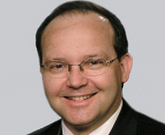 Prof. Dr.-Ing. Peter Heisig
Prof. Dr.-Ing. Peter Heisig
University of Applied Sciences Potsdam, Department of Information Sciences
☎ +49 331 580-4523
✉ peter.heisig(at)fh-potsdam.de
 Waltraut Ritter
Waltraut Ritter
Founder and Director Applied KM Research, Knowledge Dialogues
✉ ritter(at)knowledgedialogues.com
Organisers & host:


Supported by:
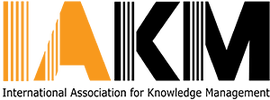

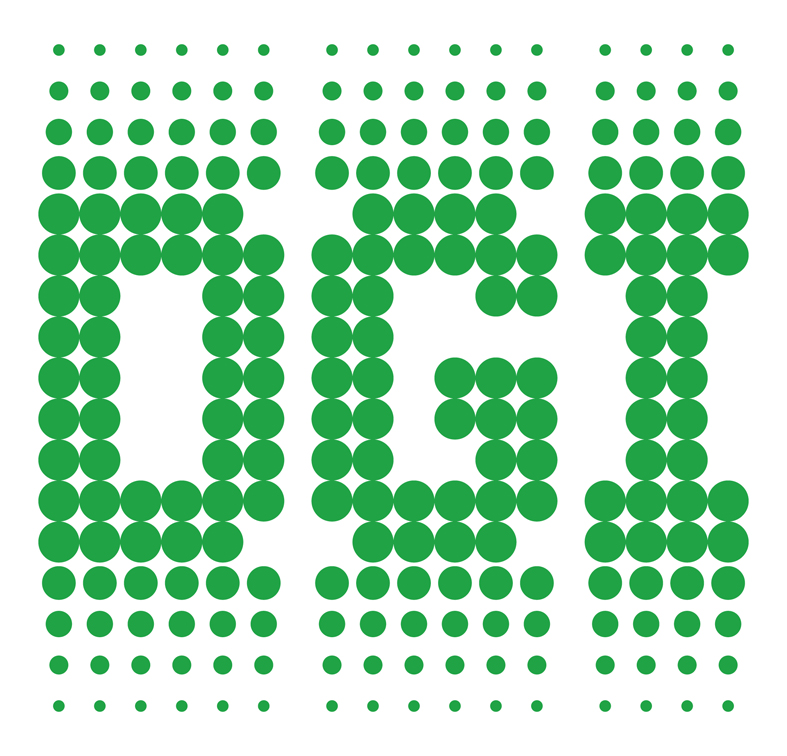


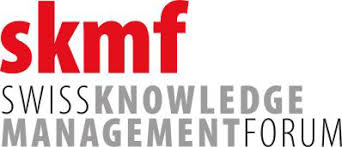
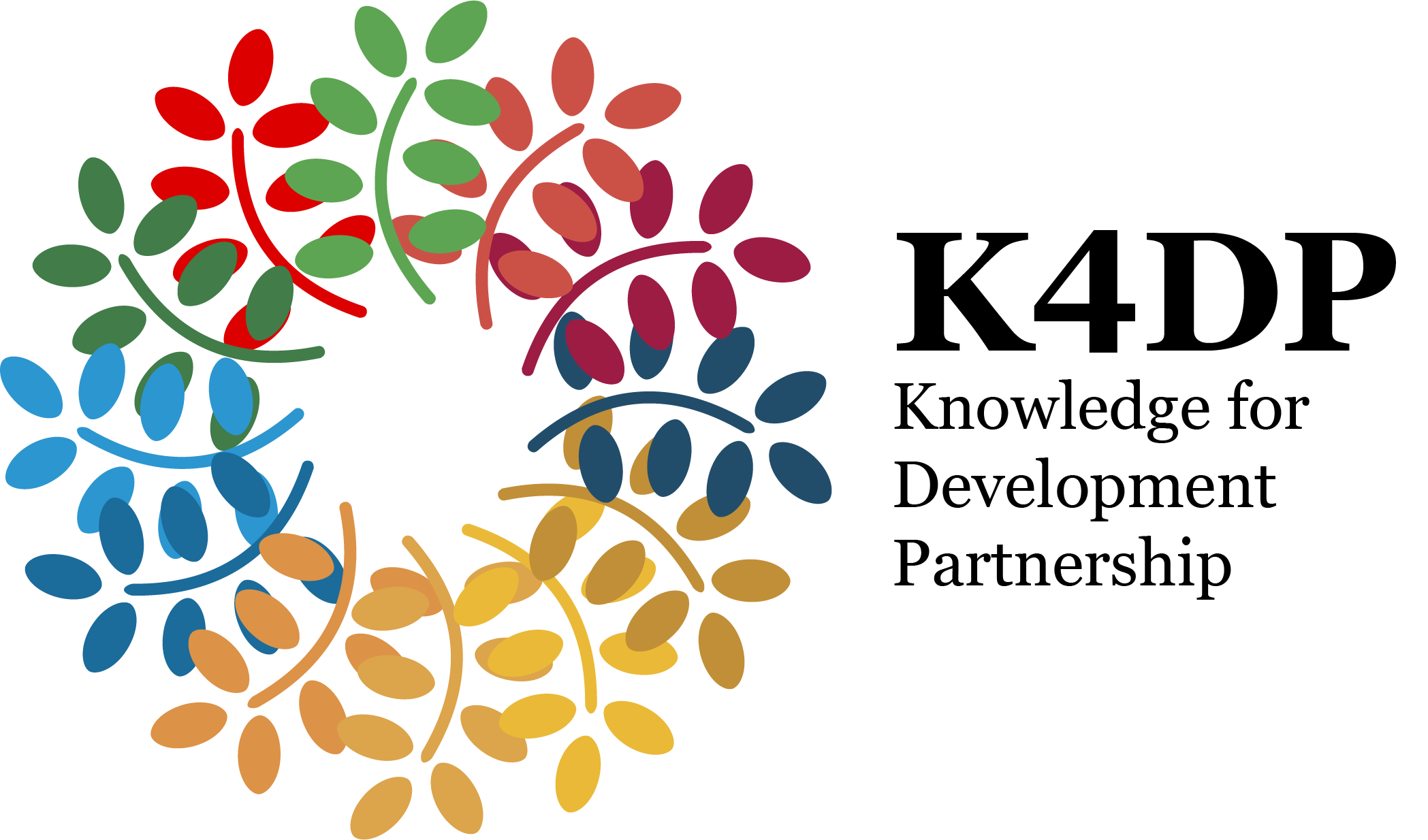
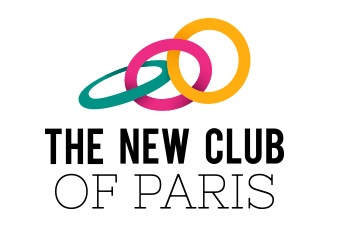
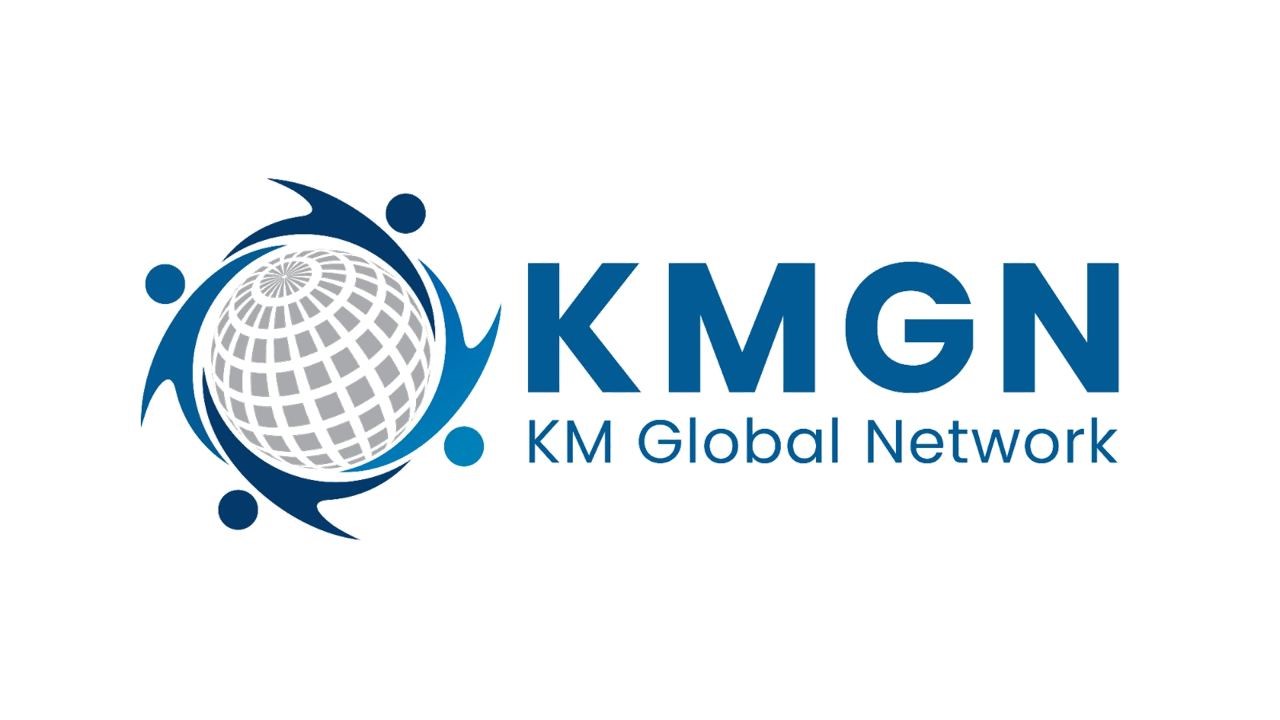
Submission Guidelines
Abstract Submission Template: ICKM2022-Template_PAPER
Full Paper Submission Template: ICKM2022_Layoutguide
Poster Submission Template: ICKM2022_Template_POSTER
Conference details on EasyChair
All papers must be original and not simultaneously submitted to another journal or conference.
The following paper categories are welcome:
-
GUIDELINES for Full papers:
Use the following Full Paper Submission Template: ICKM2022_Layoutguide
Provide full research papers describing original and unpublished work in areasrelevant to the conference theme and all topics listed in the call for papers.Short papers are expected to be up 3,000 words. Long papers or full paper are expectedto be up to 6,000 words. High quality research paper submitted to the conferencewill be published in a special issue of theJournal of Information and Knowledge Management (JIKM).Deadline to submit: February 15, 2022
-
GUIDELINES for Posters:
Use the following Poster Submission Template: ICKM2022_Template_POSTER
Provide poster or video about recently completed work, highly relevant early results of research-in-progress, or successful systems and applications development related to knowledge management. Presenting a poster is a great way to get feedback on work that has not yet been published or in production. Presentations are an integral part of the conference with sessions schedule for interactive, discussion between presenters and attendees. Authors should submit a 300-words or less extended abstract that provides sufficient technical details. For posters a draft of one slide in PowerPoint of the poster can be submitted so that the evaluation committee can assess the scientific merit of the work. The poster abstracts do not have to present a completed work, but should provide enough concrete evidence to support the potential validity of the proposed ideas.
Your poster should encourage questions and discussion. It is fine to present any late-breaking results, work-in-progress, data sets, methodological tools, or research results at the ICKM. Coauthors are allowed but only one (1) posterDeadline to submit: February 15, 2022
-
GUIDELINES for Workshops:
Provide detailed description of workshop topic and presenter(s) bio. A 250-word or less abstract is required with sufficient details about activities and online learning activities so that the evaluation committee can assess the proposal. Co-authors or presenters are allowed. Explain objectives of the workshop for learners. Each workshop will be given 1.5 hours on the agenda. Workshops support an informal setting for sharing ideas and discussing future directions. You may describe a targeted audience according to topic and level of information. The IT support team will work with teachers/presenters to set up the webinar.Deadline to submit: February 15, 2022
-
GUIDELINES for Practitioner and Work-in-Progress Abstract:
Abstract Submission Template: ICKM2022-Template_PAPER
Your abstract should describe ongoing research or planned research contributions with initial results, as well as case studies or business applications so far. Length: 250 words. Describe areas related to knowledge management even if without scientific underpinning or full evidence now. Presenting work-in-progress is a unique opportunity to reflect on systems under construction, ongoing R&D, and ideas before starting implementation. Work-in-progress presentations will be an integral part of the conference, with interaction between presenters and attendees. Authors should submit description that provides sufficient background and information on the state of affairs so that the evaluation committee can assess the practical and/or scientific merit of the work.
Deadline to submit: February 15, 2022
Submission Deadlines
Full Papers, Workshops, and Posters Submission: February 15, 2022
Practitioners and Work in Progress Presentations (Abstracts Submission): February 15, 2022
Notification of Acceptance: February 21st, 2022
Final Camera-Ready Full Paper Submissions: April 30th, 2022
List of Topics
- Knowledge management and risks
- Risks at individual level
- Knowledge risks for organizations (private, public, non-for-profit, etc.)
- Knowledge management at International Organizations (e.g. UN, WHO, etc.)
- Data Science and Data Analytics
- Mobilizing Computable Biomedical Knowledge
- Big Data Analytics and Data Warehousing
- Privacy & Security Issues
- Data Management Challenges in Healthcare and more
- Data and Web Mining, Text Analysis (NLP-Natural Language Processing)
- Data Visualization and Computational Linguistics
- Meta Data and Organization of Networked Resources
- Learning Resource and Usability Studies (UX)
- KM Practices (Best Practices, Communities of Practice, etc.)
- Social Networks and Knowledge Sharing
- Competitive and Business Intelligence
- Intellectual Capital and Return on Investment
- Project Management
- Knowledge Society & the Knowledge-Economy
- Smart Cities and Innovation
- Indigenous Knowledge Management
- Social and Ethical Issues
- History and Evolution of KM
- Multilevel Governance Model (Management and Internal Control)
- Tourism and Public Governance Models of Knowledge
- The Organizational Ecosystem Shared Governance and Public Security
- Artificial Intelligence (Third Wave) and the Management of Scientific Knowledge
- Transferring Learning into Practice
- Information Architecture, Design, and Analysis
- Information Retrieval, Usability, UX, and HCI
- Taxonomies and Ontology
- Information Representation and Visualization
- Information Privacy and Security
- Information Policy and Ethics
- Technical Infrastructure
- Standards and Policies to Ensure Quality and Trust
- Sustainability for Mobilization and Digital Inclusion
- Knowledge Repositories and Data Warehousing
- Digital Curation & Document/ Records Management
- Archival Management & Web Archiving
- Digital production
- Transhuman work spaces
- KM for artificial Lifes (alifes)
- Creation of Social Realities
- Simulation
- Social Behavior
- Knowledge Sharing between intelligent digital twins
- Cooperation between Humanoides
- Substance abuse and mental health
- COVID-19 treatments
- Health disparity
- Health behavior
- Effects of digital divide on individual’s health
- Health information seeking
- Knowledge management in healthcare
- Telehealth, Telemedicine, mHealth
- Knowledge Management supporting the Agenda 2030 and the SDGs
- Knowledge Management in Multi-Stakeholder Partnerships
- Knowledge Ecosystems and Knowledge Partnerships
- National Knowledge Agendas, Sector Knowledge Management Strategies
Knowledge and Risks
Knowledge Commons and Sharing Data
Knowledge Discovery & Representation
KM in Organizations and Society
Knowledge, Learning, and Innovation Governance
KM in Information Science & Organization
KM of Mobile Computable Knowledge in Libraries
KM for Digital Twins in Artificial Environments
Knowledge Discovery and Sharing in Healthcare
Knowledge for Development
Conferences since 2004
- 17. ICKM 2022, Potsdam, Germany (23-24.6.22): “Knowledge and Risks: From individual to global scale”
- 16. ICKM 2020, Durham, North Carolina, USA (3.-5.12.): “Knowledge Commons”
- 15. ICKM 2019, Florianópolis, Santa Catarina, Brazil (4.-6.12.): „Knowledge-based Economy“
- 14. ICKM 2018, Vancouver, Canada (9.-10.11.): „A Profession and Discipline of Action“
- 13. ICKM 2017, Dallas, United States: (24.-26.10.): „Big Data in the Big D“
- 12. ICKM 2016, Vienna, Austria (10.-11.10.)
- 11. ICKM 2015, Osaka, Japan
- 10. ICKM 2014, Antalya, Turkey: (24.-26.11.): „Research Data Management and Knowledge Discovery”
- 8. ICKM 2012, Johannesburg, South Africa:
- 7. ICKM 2010, Pittsburgh, Pennsylvania, USA:
- 6. ICKM 2009, Hong Kong (3.-4.12.): “Managing Knowledge for Global and Collaborative Innovations.”
- 5. ICKM 2008, Columbus, Ohio, USA (23.-24.10.): „Knowledge Management Competencies & Professionalism“
- 4. ICKM 2007, Vienna: (27.-28.08.): „Innovation, Technology and Cultures“
- 3. ICKM 2006, Greenwich, London, UK (31.7.-2.8.): „Creating Collaborative Advantage Through Knowledge & Innovation”
- 2. ICKM 2005, North Carolina, USA (27.-28.10.): „Nuturing Culture, Innovation & Technology“ (held ASIS&T Annual Meeting)
- 1. ICKM 2004, Singapore (13.-15.12.): „People, Knowledge and Technology: What have we learnt so far?“
